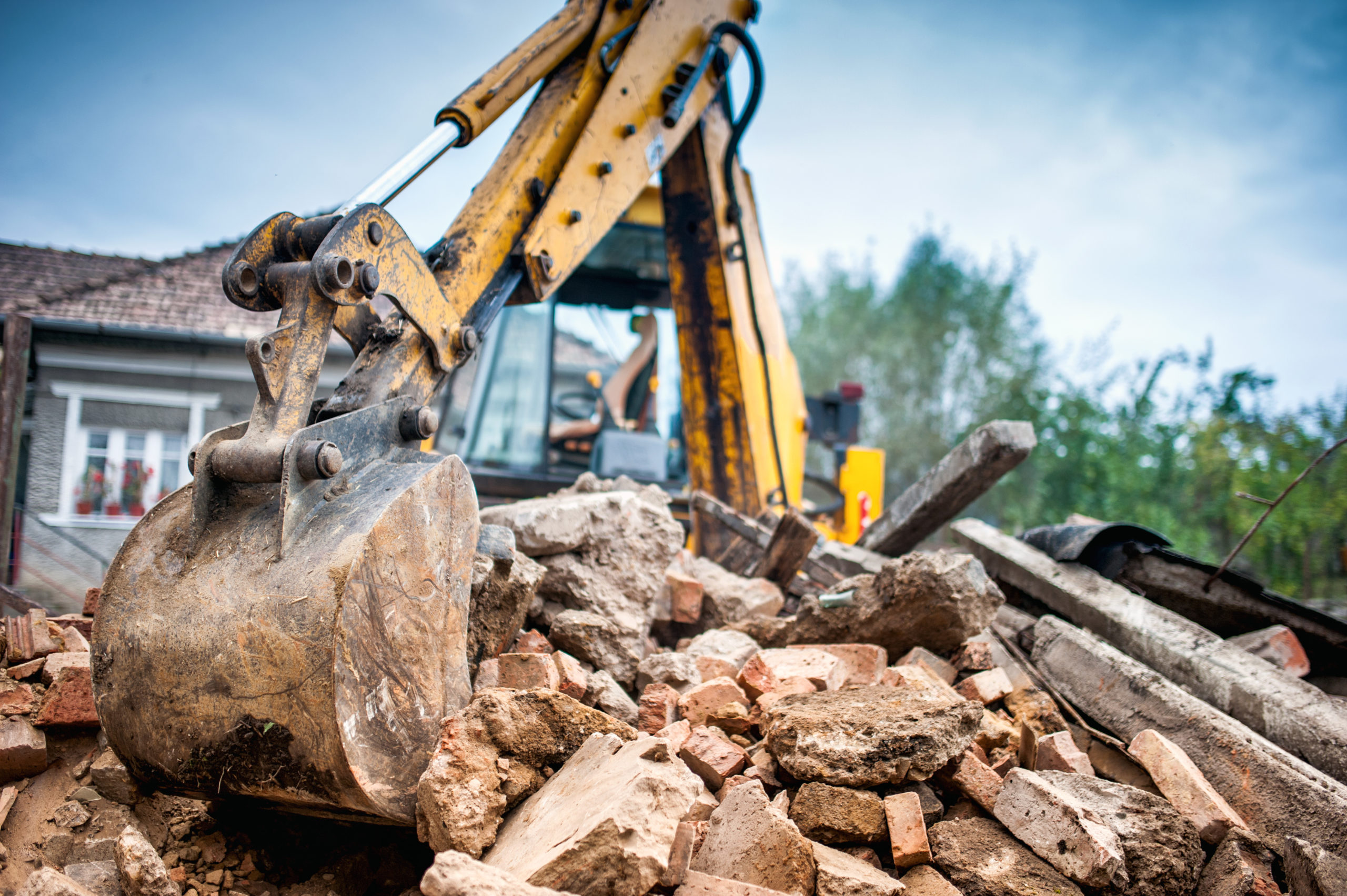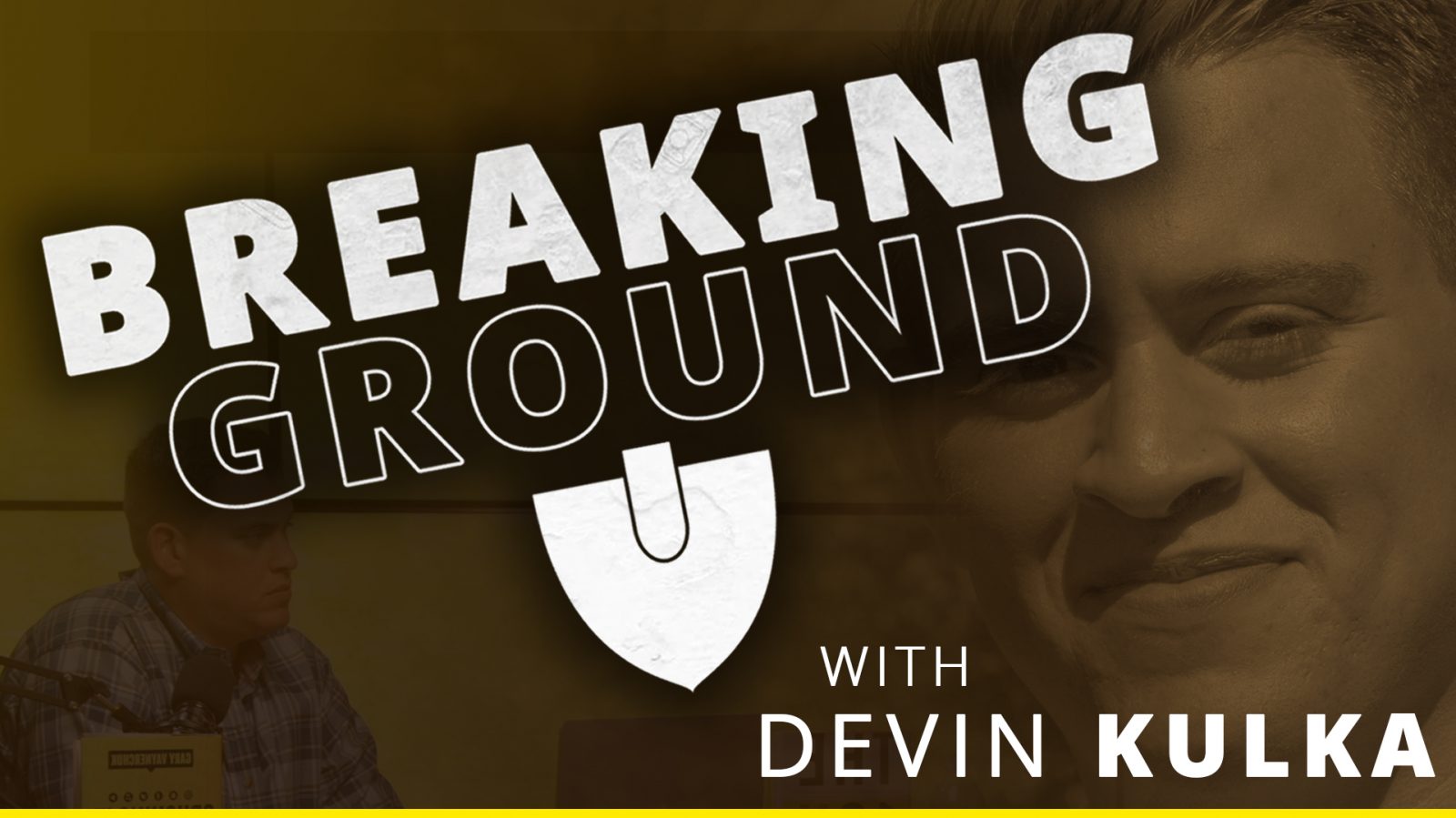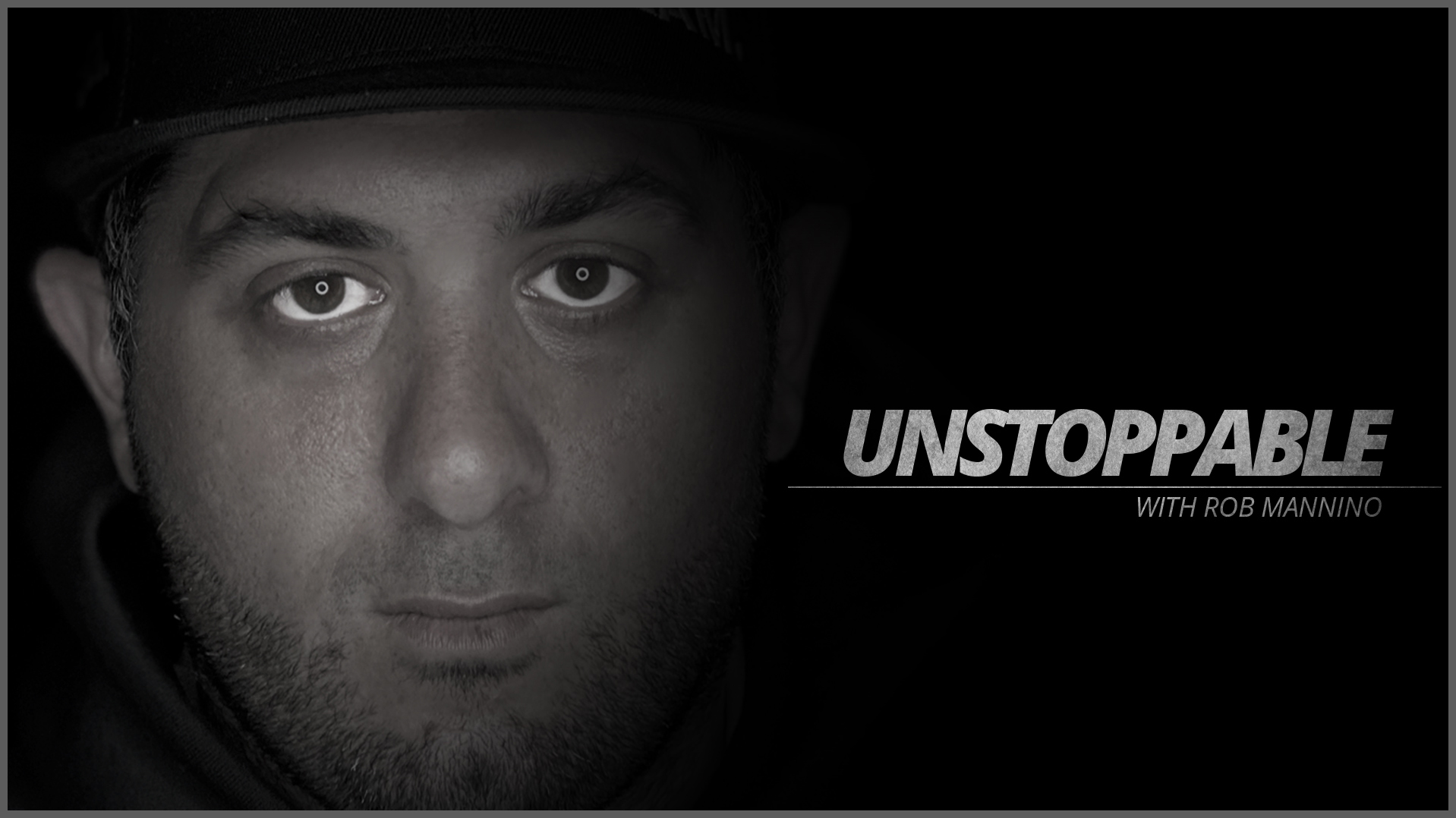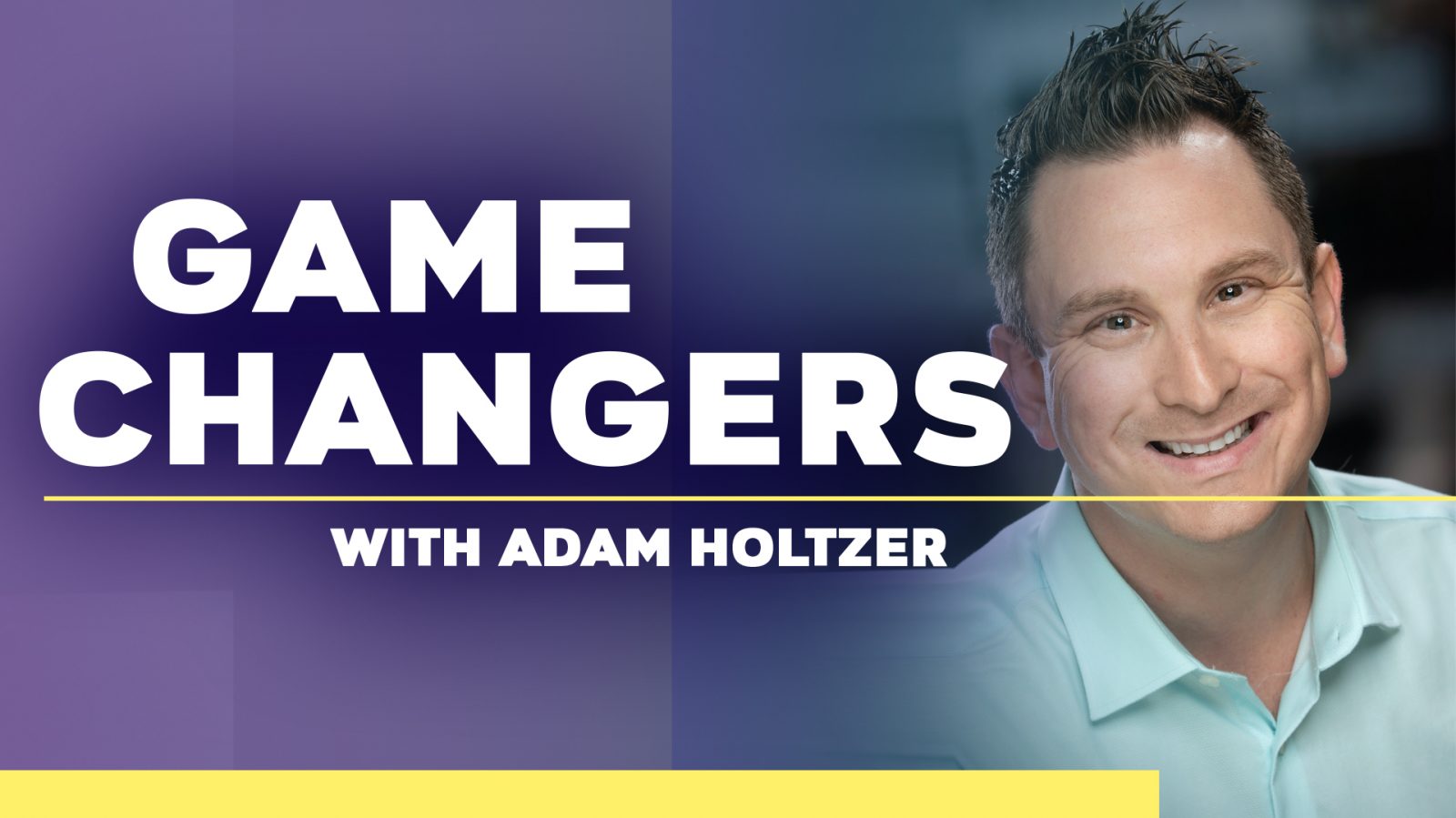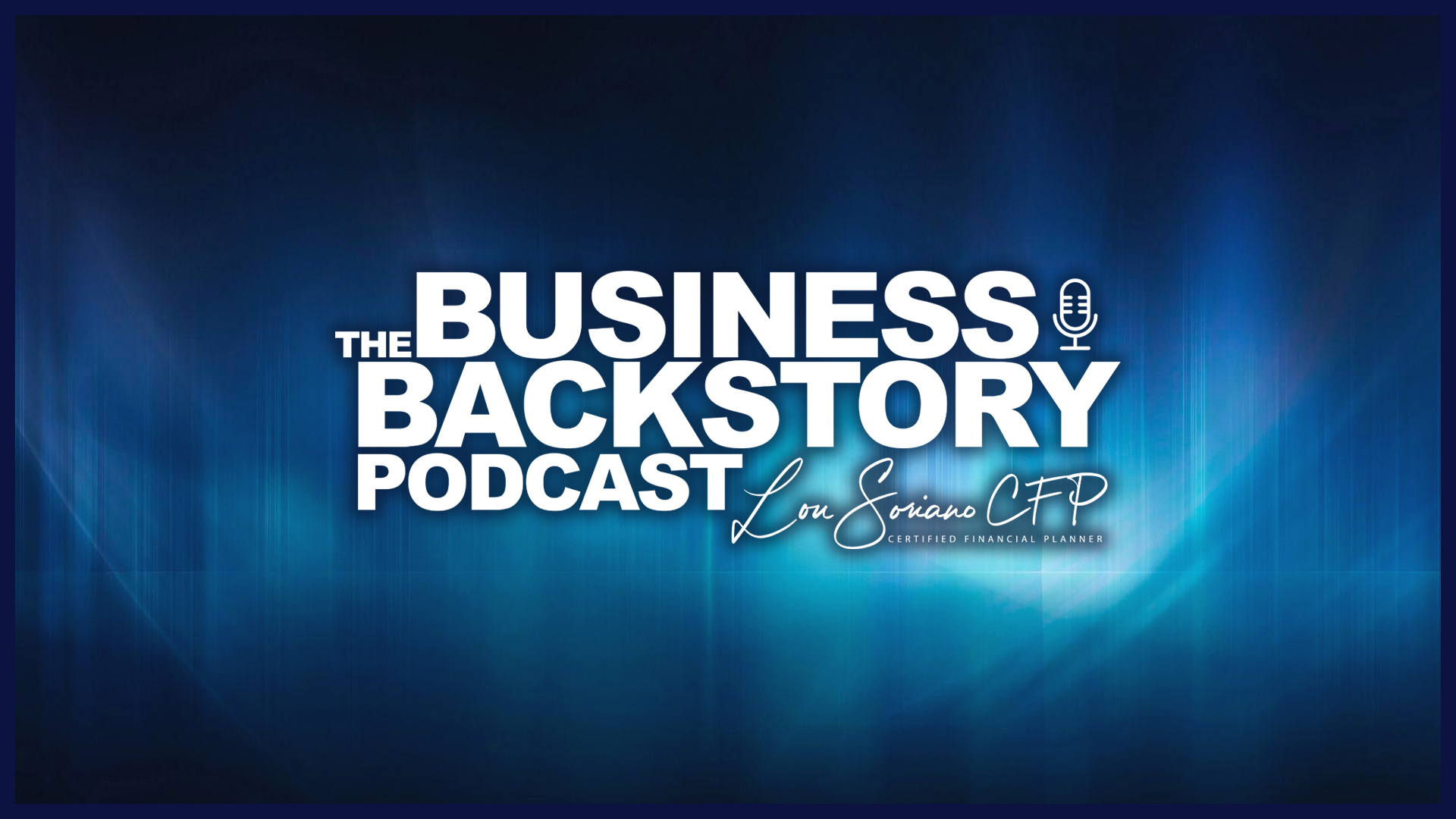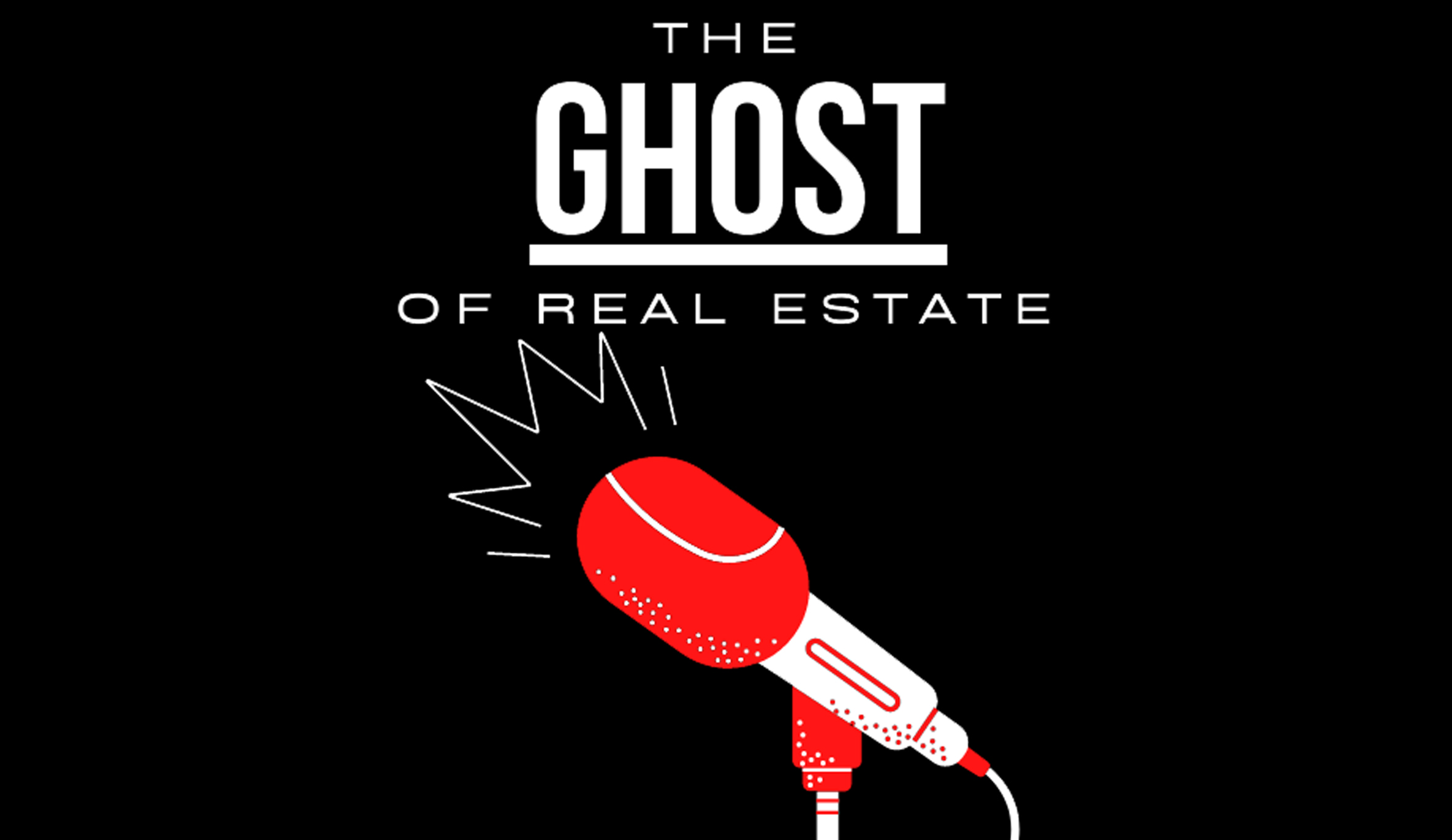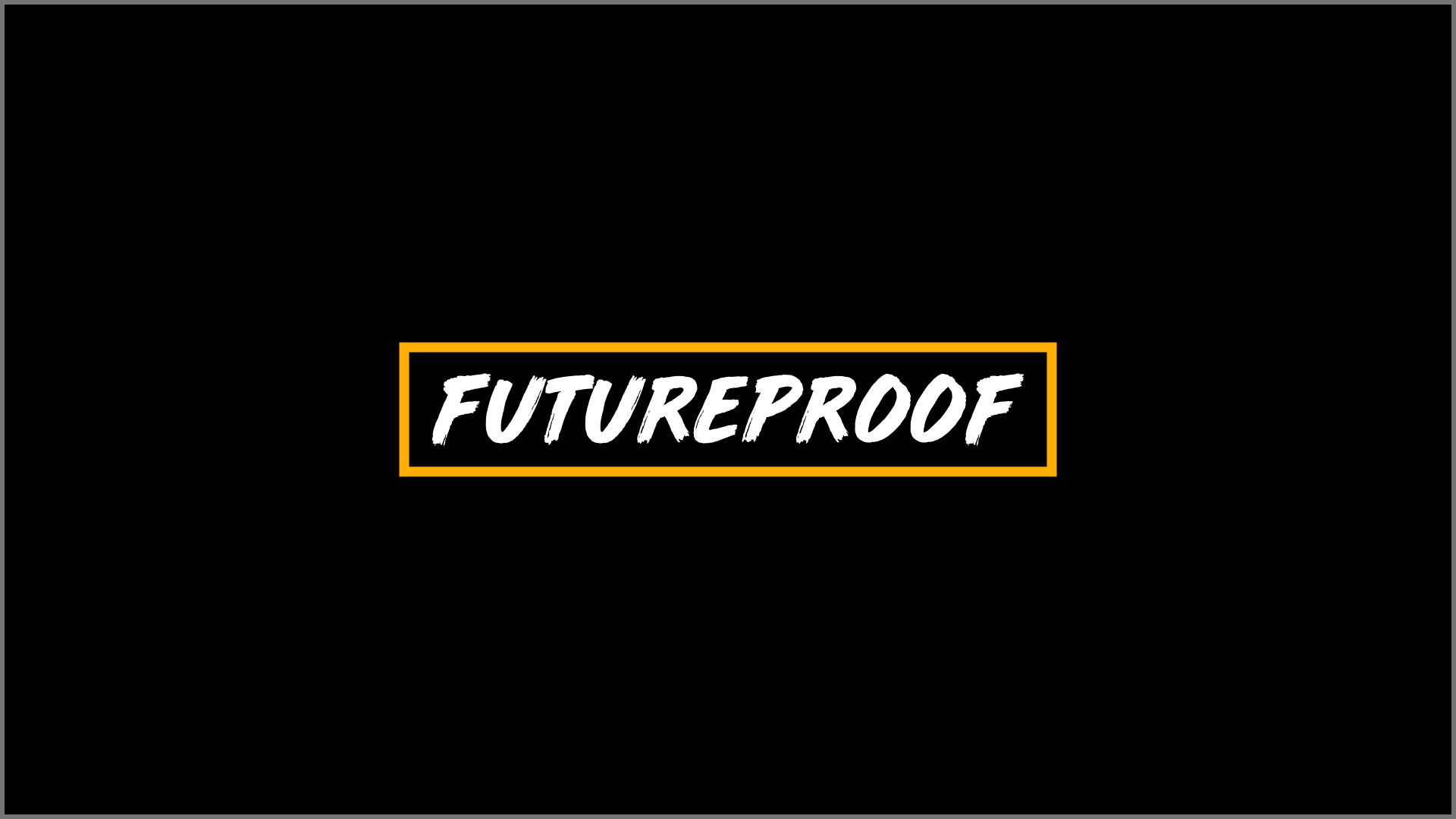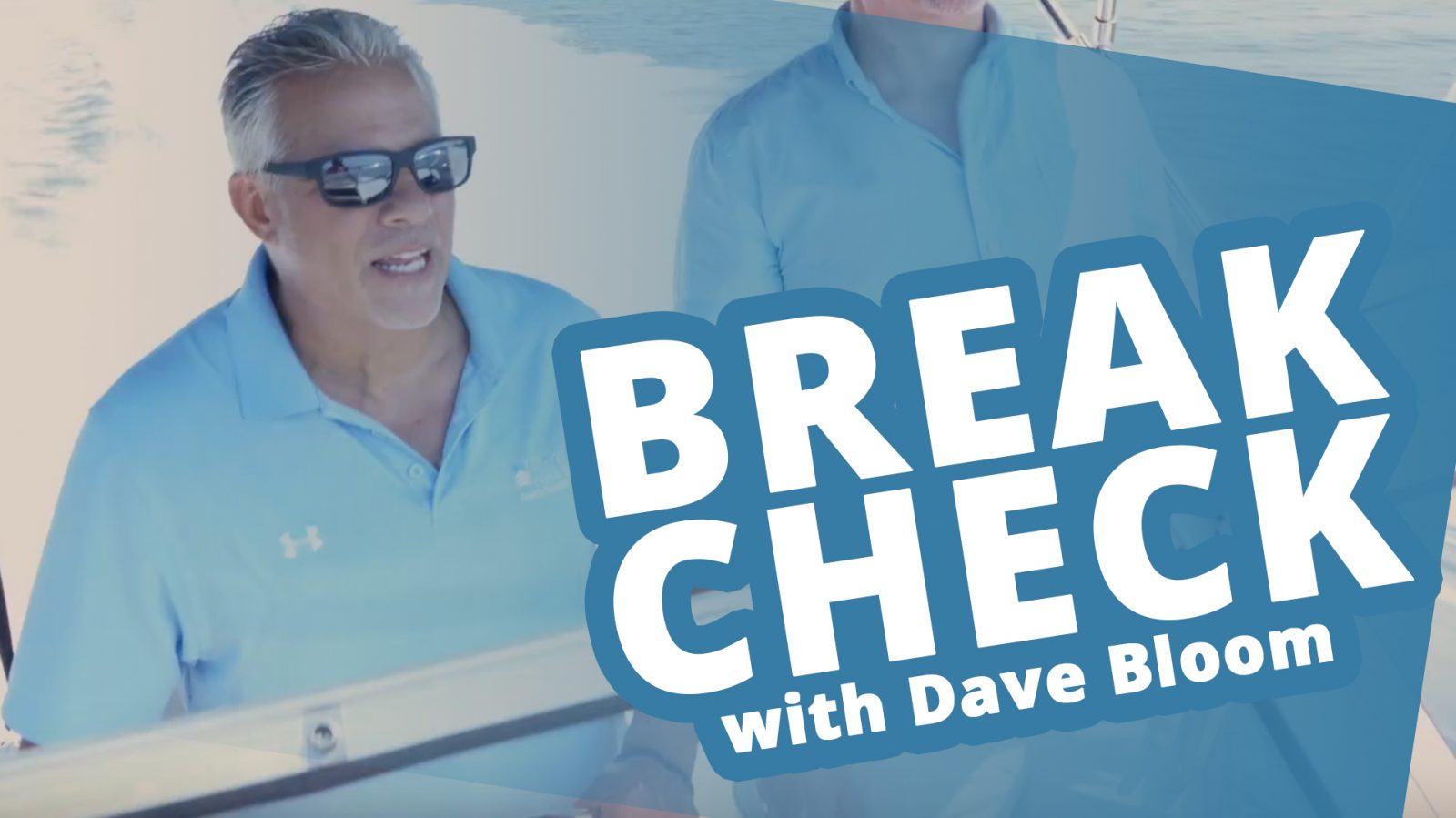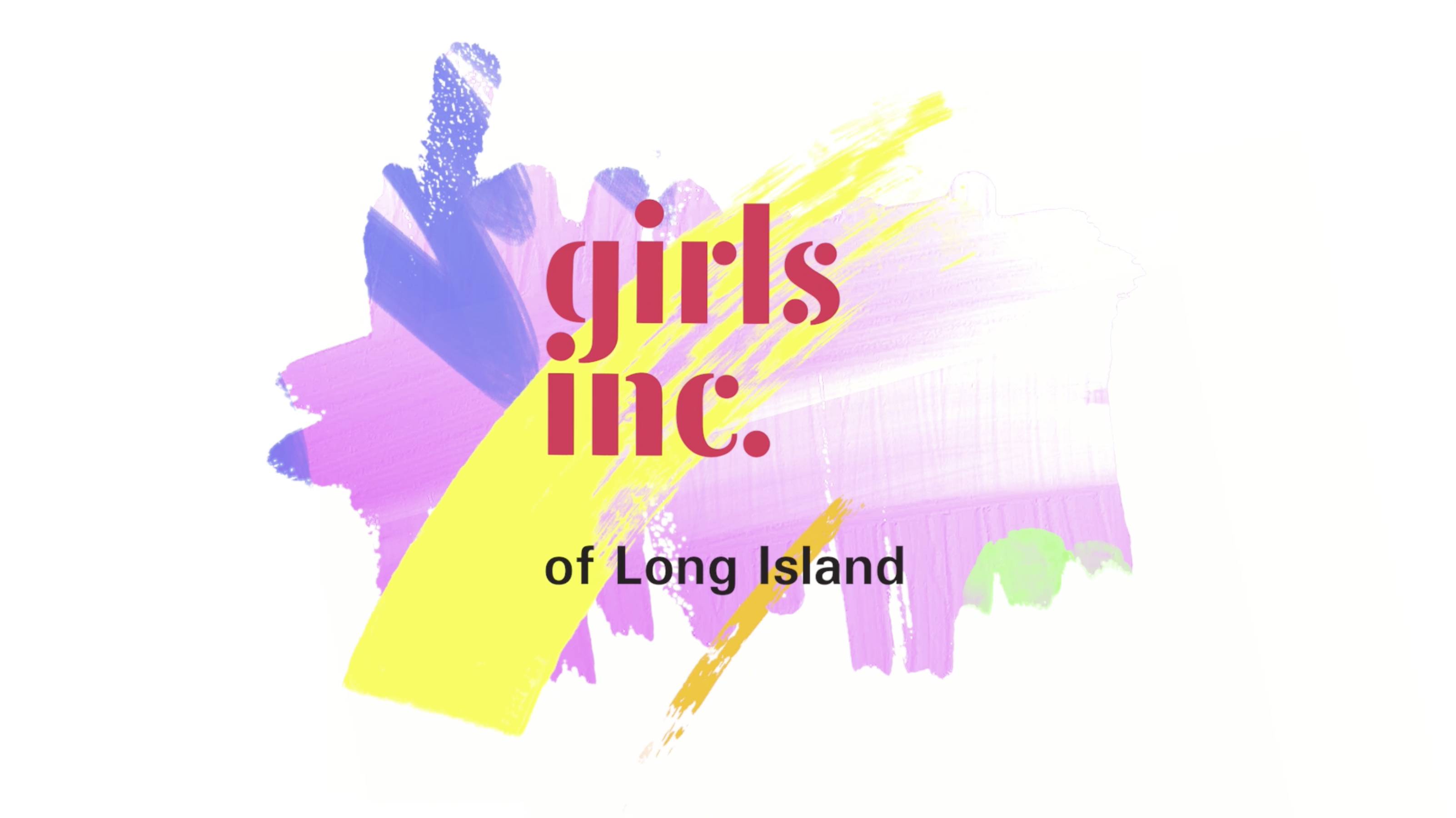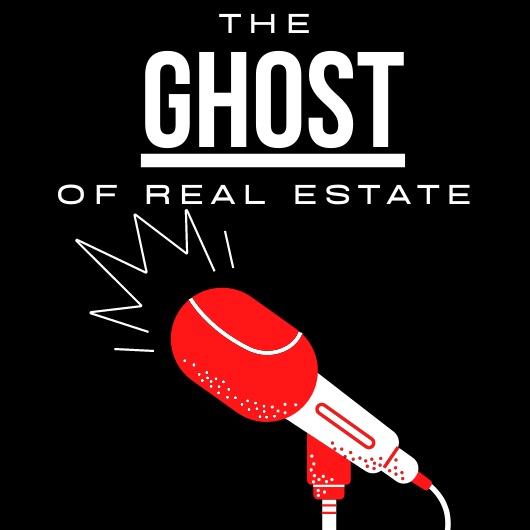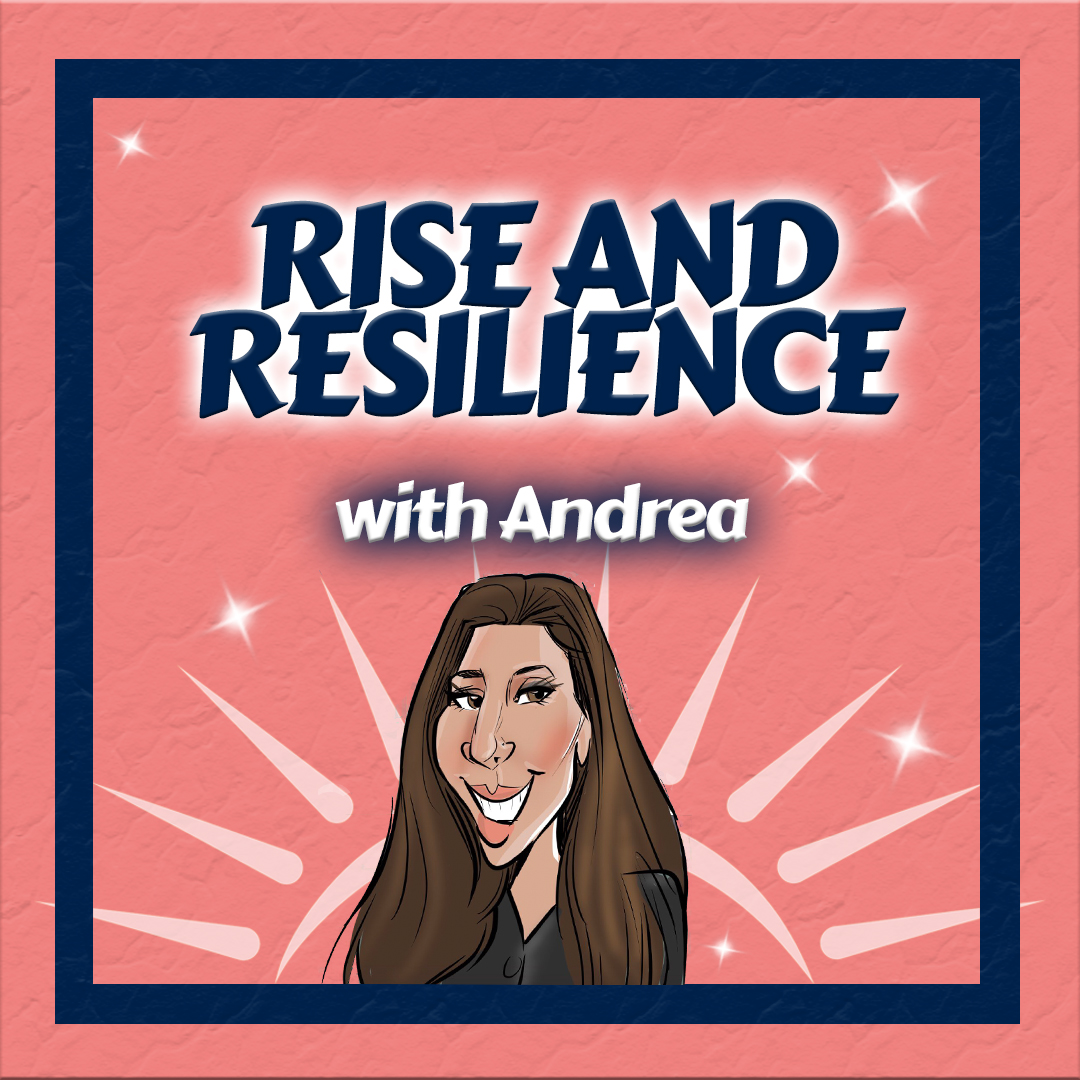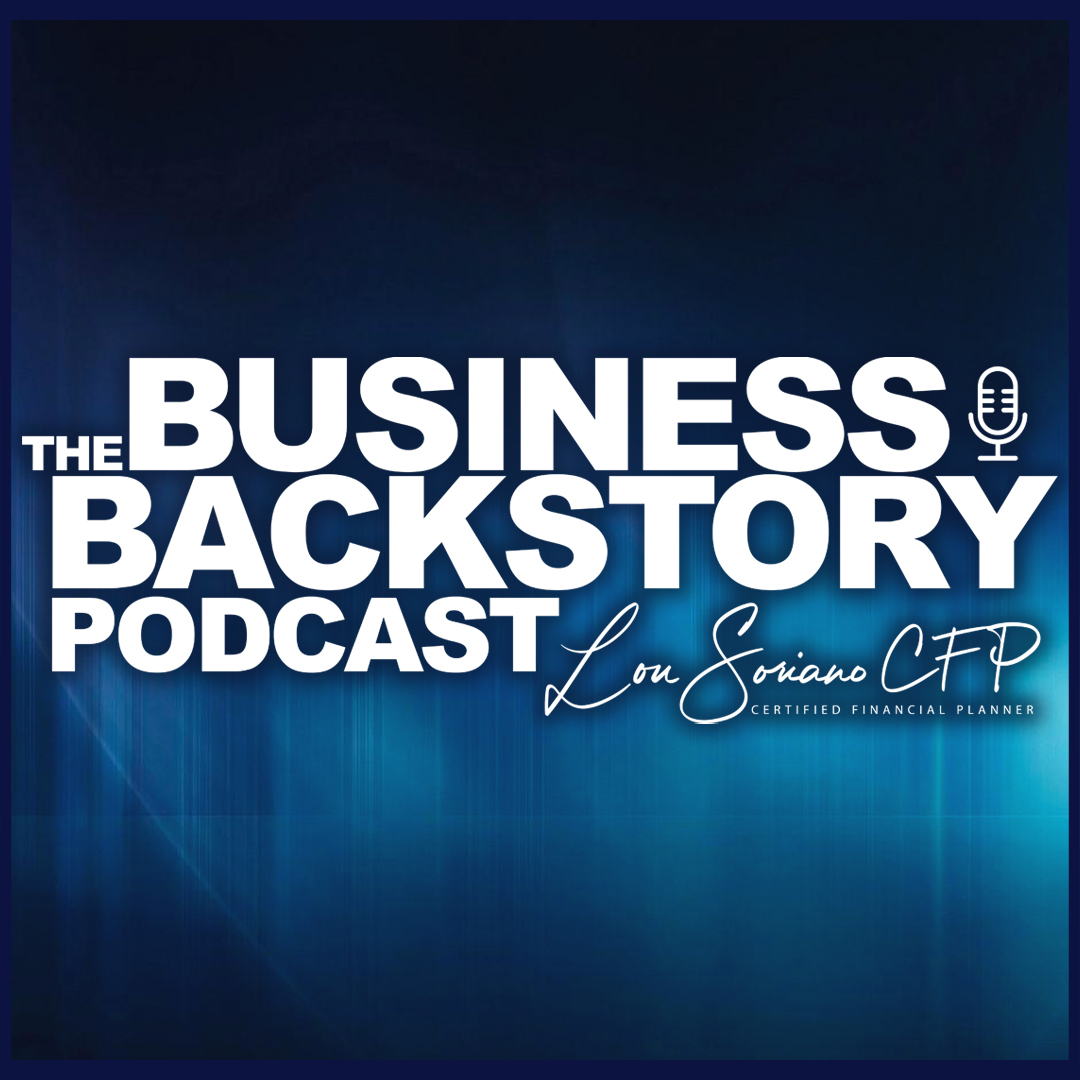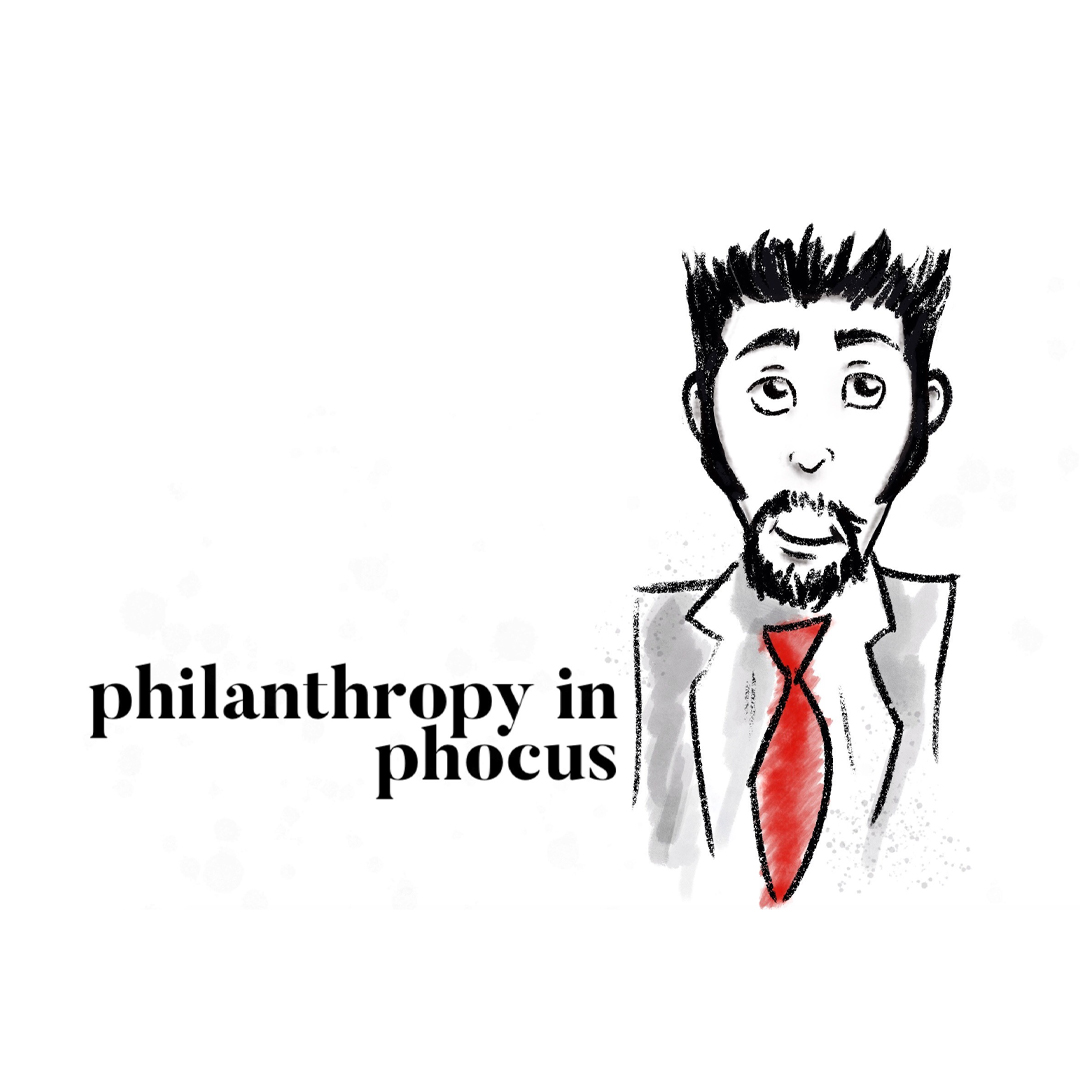
April 2020
4 Min Read
In the Wake of COVID-19, Business’ Look to Insurer’s for Lost Income
Given the recent evolution of the outbreak of COVID-19 (Novel Coronavirus), there are many business and individuals who are left with tough choices as they are unsure how this pandemic will affect their business and their lives long term. Especially true, considering that many organizations, like restaurants, entertainment venues, retailers and manufacturers, must close their doors or cease operations as a result of COVID-19. While this has severely impacted their ability to serve their customers, for some, it is leading to indefinite disruptions – that could eventually impact their bottom line. Insurance being a necessity for most to maintain financial equilibrium and continuity at the worst of times, has many limitations. In this article we will discuss what is or isn’t covered for most business under their standard business income insurance policies, and what the industry is doing for relief.
Before diving further, it is important that I stress I am not an attorney. I am not providing legal advice anywhere here in this article. Further, insurance is NOT a commodity. Policy forms may differ from one policy to the next, this is merely to give an analysis as to where the insurance market is in general (not as a standard) and how this looks today on Business Interruption Insurance coverage in the wake of this recent pandemic.
Business Interruption Insurance: WHY Not Now?
As a result of the challenges being faced by COVID-19, many businesses are looking towards their insurance, such as business interruption insurance for assistance. In the event of a covered loss, business interruption insurance can provide coverage for income a business would have earned had it been operating under normal operations. It may also aid with additional expenses such as, cost of relocation, employee wages, taxes, loan payments, and rent.
Under the typical standard business interruption insurance policies, coverage is only available if the loss comes from a covered peril. In a significant amount of cases, covered perils include common interruptions such as equipment damage, natural disasters, and vandalism. Further, a lot of policies have very specific exclusions for fungi, mold, and virus. It is important to review your policy with your insurance professional and legal counsel.
This means, if a “covered peril” (e.g. a fire, windstorm, or other form of common physical damage) and the loss in question doesn’t qualify or is not specifically stated as being covered, then coverage may not be available for the resulting business income.
To summarize: If you do not have a covered direct physical loss the typical business income claim may not be covered. This is not meant to demoralize or prevent anyone from filing claims or seeking coverage. I believe anyone with legitimate losses should look everywhere possible and insurance being one of the first places to seek indemnification.
It is atypical for the standard ISO policy contract to include coverage for business income without first sustaining a physical loss. According to Zelle LLP, “the ISO commercial property business income form generally states: We will pay for the actual loss of Business Income you sustain due to the necessary “suspension” of your “operations” during the “period of restoration. ” The “suspension” must be caused by direct physical loss of or damage to property at premises which are described in the Declarations and for which a Business Income Limit of Insurance is shown in the Declarations…”
It is important to consult with your broker, agent and legal counsel and read your policy contract language to make determinations regarding the coverage available. However, according to Insurance Journal, “the consensus of most legal pundits and insurance experts is that most business income policies do NOT cover shutdowns due to viral pandemics.”
While this may all seems like a lot of gloom and doom for local business, many arguments are being made for coverage to apply, under several circumstances. According to AON, COVID-19 can contaminate physical objects and that all objects need to be sanitized and tested, which in turn would force business to cease operations, resulting in loss of income.
There is a lot more to say regarding this and information is coming out at a rapid pace in response to this, it is strongly recommended to review the policies you will and have purchased, and always seek the guidance of your insurance professionals and legal counsel to discuss the coverages, exclusions and possible limitations to the policies.







